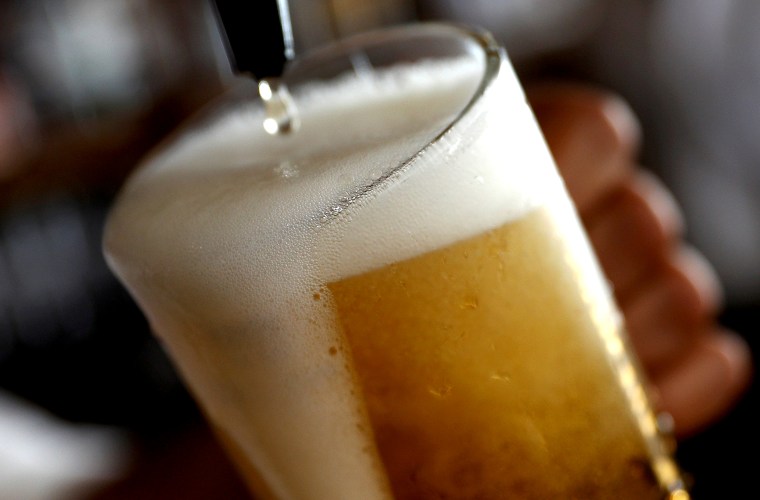Whether you prefer a Café Latte or a diet soda may actually depend on how the drink makes you feel, rather than how it tastes, a new study finds.
This idea contradicts what scientists previously thought: that our taste genes determined why we preferred one drink over the other.
A team of researchers from the Northwestern University Feinberg School of Medicine in Chicago found that the taste preferences for bitter or sweet beverages aren't based on variations in taste genes, but rather in genes that are involved with emotional responses. The results of the study are published in the journal Human Molecular Genetics.
“The genetics underlying our preferences are related to the psychoactive components of these drinks,” said Marilyn Cornelis, co-author of the study and assistant professor of preventive medicine at Northwestern University Feinberg School of Medicine. “People like the way coffee and alcohol make them feel. That’s why they drink it. It’s not the taste.”
The team created two categories, a bitter-tasting group and a sweet-tasting group. Bitter included coffee, tea, grapefruit juice, beer, red wine and liquor. Sweet included sugar-sweetened beverages, artificially sweetened beverages and non-grapefruit juices.
They then provided questionnaires to about 336,000 individuals asking them to report what they ate and drank over the past 24 hours. The study participants were recruited from the U.K. Biobank — a pool of research participants who contribute to studies on the long-term effects of genetics and the environment on the development of disease.
The scientists were surprised when they found that the adults made their beverage choices based more on mental reward than they did taste. In fact, many of the participants cited that they chose coffee or sodas in the morning because they liked the euphoric feeling that the caffeine provided or preferred alcohol because of its calming effect.
The study highlights important behavior-reward components to beverage choice and adds to our understanding of the link between genetics and beverage consumption — and the potential barriers to intervening in people’s diets, Cornelis said in a statement.
Although this is the first genome-wide study providing proof that something other than taste genes may be playing a role in our preference for beverages, this is not entirely surprising to marketers of sugary drinks. In January, a large study found that junk food advertisements disproportionately target black and Hispanic kids. They found that food companies spent $11 billion on targeted advertising in 2018, with 80 percent spent on ads for fast food, candy, sugary drinks and unhealthy snacks.
“At best, these advertising patterns imply that food companies view black consumers as interested in candy, sugary drinks, fast food and snacks with a lot of salt, fat or sugar, but not in healthier foods,” said Shiriki Kumanyika, chair of the Council on Black Health at Drexel University. “The marketing is so pervasive that it’s almost invisible.”
Junk food — any food that is highly processed, high in calories and low in nutrients — is usually high in added sugars, salt and saturated or trans fats. Some evidence suggests that junk food is as addictive as alcohol and drugs, leading health policy activists to call for food justice.
Cornelis thinks the study’s findings highlights important behavior-reward components to beverage choice — and the potential barriers to intervening in people’s diets.
“Understanding environmental and genetic factors contributing to beverage choice and consumption level has important nutritional and broader public health implications,” Cornelis said.
A better understanding of why people prefer certain beverages may help public heath advocates counter the messages of food companies who prey on the emotional connection people have with food and beverages. Targeted marketing has long contributed to the nation's growing obesity epidemic.
Sugary beverages are linked to many diseases and health conditions, including rising rates of diabetes. Alcohol consumption is responsible for one in 20 deaths globally each year and kills up to 3 million people annually, accounting for 5 percent of the deaths worldwide, according to the World Health Organization.
The ‘sweet gene’ anamoly
Cornelis did find one variant in a gene, called FTO, linked to sugar-sweetened drinks. People who had a variant in the FTO gene — the same variant previously related to lower risk of obesity — surprisingly preferred sugar-sweetened beverages.
“It’s counterintuitive,” Cornelis said. “FTO has been something of a mystery gene, and we don’t know exactly how it’s linked to obesity. It likely plays a role in behavior, which would be linked to weight management.”
FOLLOW NBC HEALTH ON TWITTER & FACEBOOK



